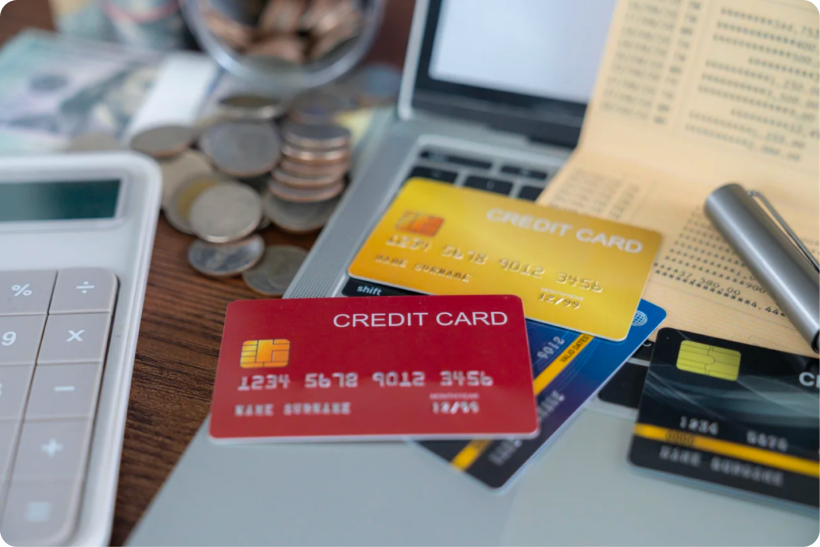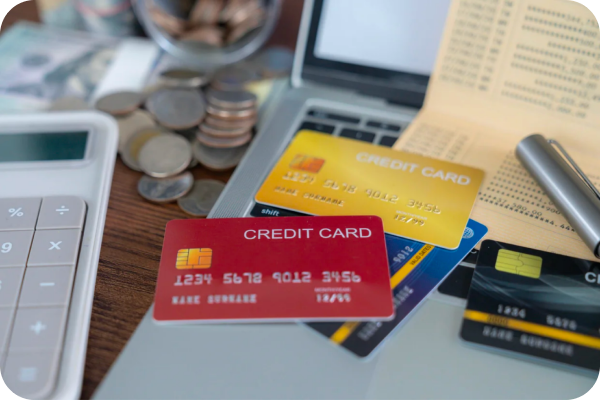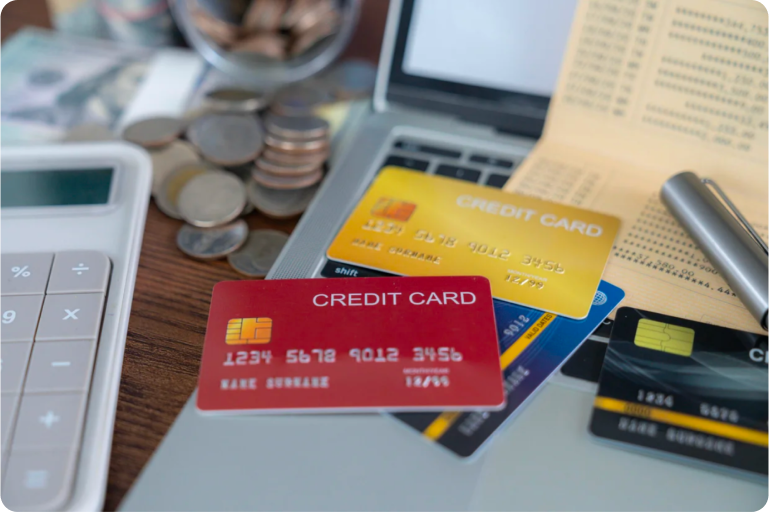


Home / Finance / Debt Advice
Canadian Homeowners Use Clever New Strategy to Pay Down Credit Card Debt

April 12, 2025

Debt forgiveness can help reduce the pressure of high credit card debt.
In a time of rising interest rates and mounting consumer debt, Canadian homeowners are turning to a clever
financial strategy that combines the power of home equity with informal debt settlement to tackle credit
card debt and rebuild their financial footing.
The strategy makes perfect sense when interest
rates feel powered by high-interest revolving credit. With average credit card rates hovering around 20%,
more Canadians are finding they can use their home's equity as a financial life-raft—and put it into a
long-term investment.
Here's how it works: Homeowners who qualify are taking out Home
Equity Loans or Home Equity Lines of Credit (HELOCs) at significantly lower interest rates—often between
5% and 9%—to replace their more expensive credit card balances. But the strategy doesn't stop
there.
Instead of simply paying off their cards and continuing to manage the same level of
debt, they are using the funds to engage in informal debt settlement—a process where creditors agree to
accept a reduced lump sum payment in exchange for closing the account. This approach can reduce the total
debt owed by 40% to 70% in some cases, depending on the creditor and the borrower's financial
situation.
"It's a way to both shrink your overall debt and get ahead faster," says
David Chan, a Toronto-based credit consultant. "You're not just moving debt around—you're
negotiating it down, then consolidating what's left into a much lower payment."
Unlike
formal debt solutions such as consumer proposals or bankruptcy, informal settlements don't leave a
public record of your credit file. If handled properly, they can actually improve a person's credit
score over time. This is particularly true since the remaining consolidated debt is managed
responsibly.
The key to this strategy is timing and negotiation. Creditors are more likely to
accept reduced payments when the account is delinquent, but too long of a delay can result in aggressive
collections or legal action. That's where financial coaches or settlement specialists come in—they
guide homeowners through the process and help structure a realistic payment plan using equity funds.
Still,
experts warn that this method isn't for everyone.
"You need to have sufficient equity,
stable income, and the discipline to avoid racking up new debt," Chan cautions. "If you do it
right, it's one of the fastest, most discreet ways to get out of credit card debt in today's
market."
With the cost of living still high and mortgage renewals pushing household budgets
to the limit, more Canadians are exploring creative ways to regain control. And for homeowners, turning
bricks and mortar into a lifeline might just be the smartest financial move they'll make this year.
Need to wipe clean your credit card debt? Here's how to do it
Credit counseling vs. debt consolidation: Which is better?
4 debt forgiveness myths you need to know now
Saddled with debt in today's economy? Here's what to do

Please keep conversations courteous and on-topic to foster the best user experience for everybody.

Just paid off over $25K in credit card debt using this program. Monthly payments are way lower and I’m finally starting to breathe again. Highly recommend talking to someone about it if you're drowning in payments.

how do u even do that? i’m stuck with like 20k on cards and the bills just keep piling up. feels like i’m never getting ahead and its stressing me out bad.

We used fasthomefinance.ca to tap our home equity and pay off $60,000 in credit cards...the hubby and I feel like we have our lives back with the lower payment


does anyone know if this hurts your credit? i really dont wanna make it worse than it already is
It will do the opposite. Paying off your debt lowers your utilization and that’s one of the biggest factors that affects your score. Your credit will improve once you have less debt.






